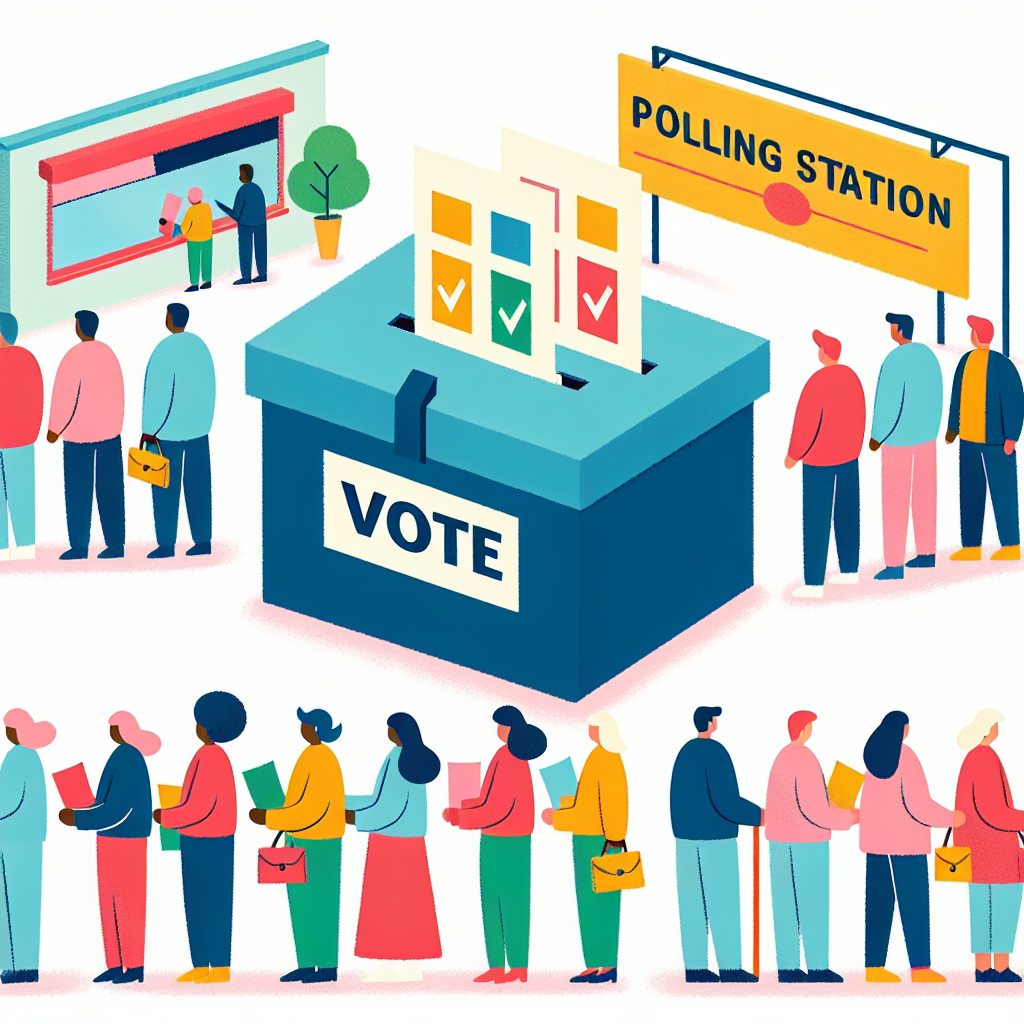Union Cabinet Approves Recommendations for Simultaneous Elections
The High-Level Committee, chaired by Shri Ram Nath Kovind, consulted a diverse range of stakeholders, including political parties and experts.

- Country:
- India
The Union Cabinet, led by Prime Minister Shri Narendra Modi, has accepted the recommendations of the High-Level Committee on Simultaneous Elections, chaired by former President Shri Ram Nath Kovind. Background on Simultaneous Elections
Simultaneous elections were previously held in India from 1951 to 1967. The concept has been revisited in various reports, including:
Law Commission's 170th Report (1999): Recommended that Lok Sabha and all Legislative Assemblies be elected once every five years.
Parliamentary Committee's 79th Report (2015): Suggested methods for conducting simultaneous elections in two phases.
The High-Level Committee, chaired by Shri Ram Nath Kovind, consulted a diverse range of stakeholders, including political parties and experts. The report, which indicates widespread support for simultaneous elections, is available online at onoe.gov.in.
Recommendations and Next StepsThe Committee has proposed the following implementation plan:
Two-Phase Implementation:
Phase One: Conduct simultaneous elections for the Lok Sabha and State Assemblies.
Phase Two: Hold local body elections (panchayats and municipalities) within 100 days following the general elections.
Common Electoral Roll: A unified electoral roll will be established for all elections.
National Discussions: Detailed discussions will be initiated across the country to engage with citizens and stakeholders.
Implementation Group: An implementation group will be constituted to oversee the execution of these recommendations.
This move towards simultaneous elections aims to streamline the electoral process and enhance governance efficiency in India.
- READ MORE ON:
- Cabinet
- Ram Nath Kovind










